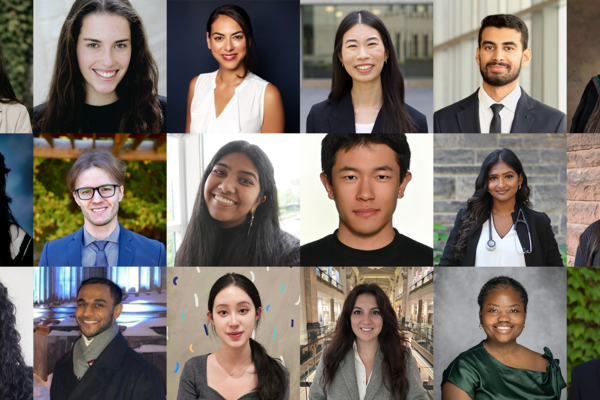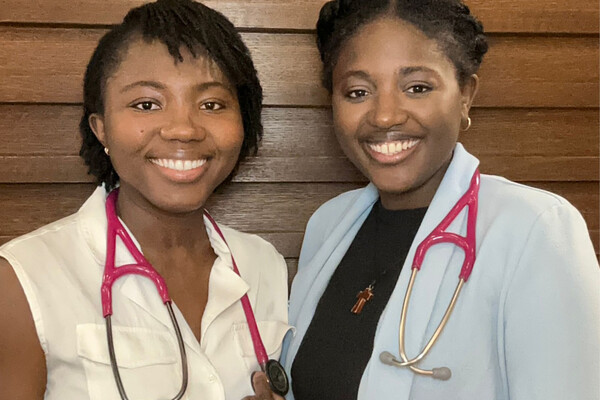Joshua Liu: A Seamless Transition from Medicine to Entrepreneurship
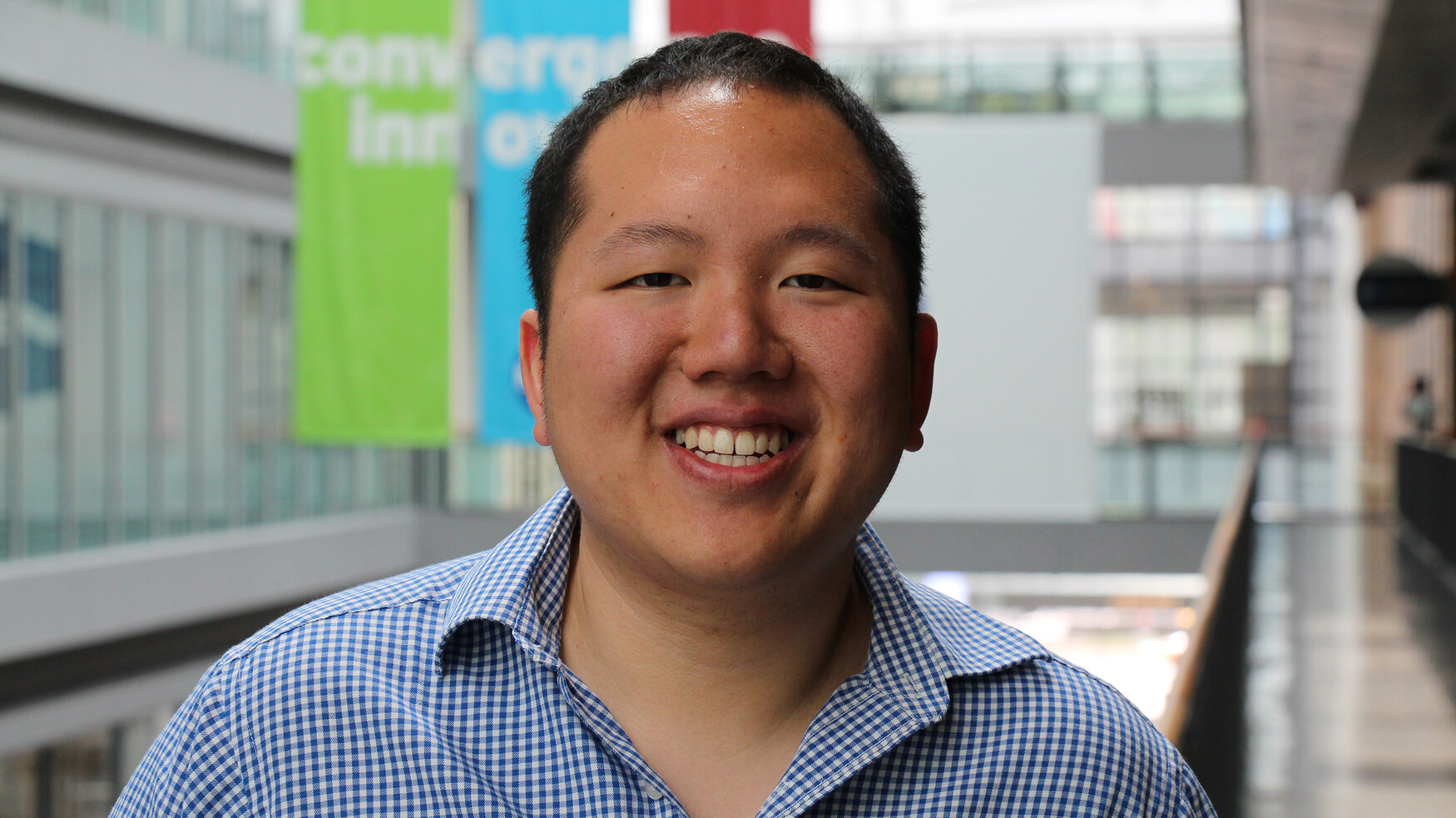
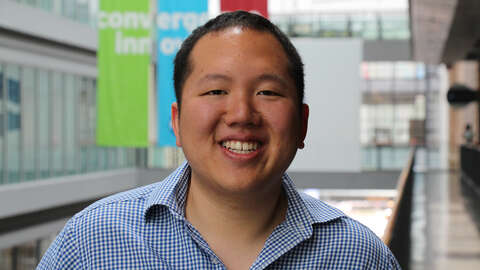
What is SeamlessMD?
We use web and mobile technology to re-engineer the way a patient prepares for surgery and recovers afterward. We provide hospitals with a cloud-based platform on tablets, smartphones and computers that helps educate, engage and monitor patients from the comfort of their own homes. Each program is personalized for the type of surgery someone is having and which hospital is caring for him or her. The program helps people learn what to expect, how to prepare and have a safe recovery at home using tools like electronic reminders and videos. Our program also helps patients track their progress, symptoms and recovery milestones. SeamlessMD can also allow patients to share their information with their health care providers. By engaging and educating patients when they’re not in the hospital, our goal is to improve the patient experience, drive better health outcomes and lower costs. This will help patients, health care providers and the health care system.
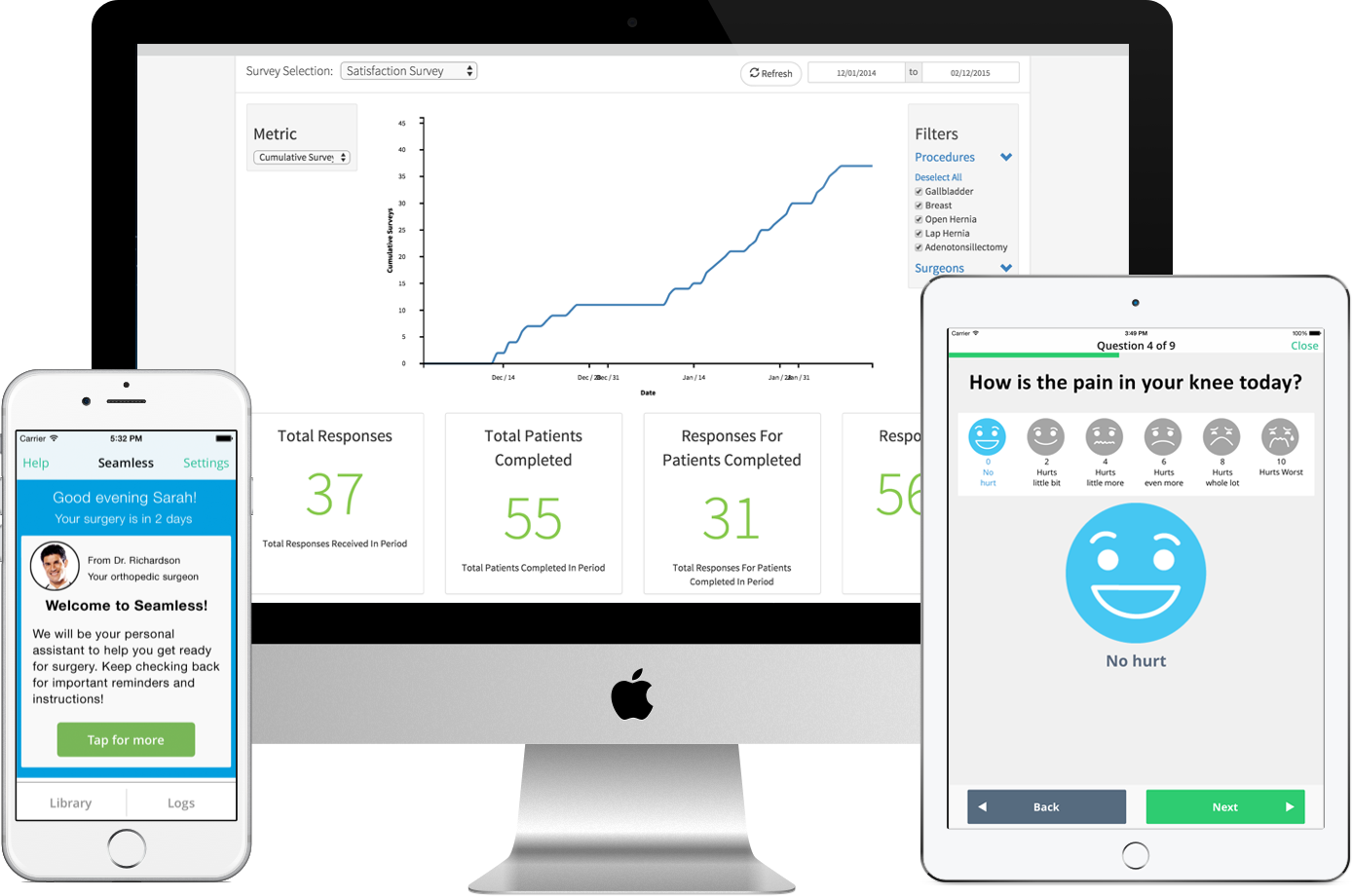 At last month’s annual meeting of the American College of Chest Physicians, there was a presentation about how Toronto East General Hospital used SeamlessMD to reduce surgery cancellations and post-operative ER visits. How did hearing about the positive impact your company is having on patients make you feel?
At last month’s annual meeting of the American College of Chest Physicians, there was a presentation about how Toronto East General Hospital used SeamlessMD to reduce surgery cancellations and post-operative ER visits. How did hearing about the positive impact your company is having on patients make you feel?
During my medical training, I did research at the University Health Network (UHN) on hospital readmissions. That experience left me wondering how I could have bigger, scalable impact on health outcomes. Fast forward a few years later, to know that the product we have built has hade a major impact on patient outcomes, and that with technology we can take that success to hospitals everywhere – that’s both humbling and exciting.
Probably the most memorable feedback we got from a patient is this past summer, when a patient told us she caught a blood clot on our system, got it treated right away, and it may have saved her life. It’s stories like that which keep us motivated to grow.
Our team is honoured to be part of writing this new narrative for the health care system. There’s much more work to be done, but we’re off to a promising start.
How did you become an entrepreneur? Did your time at U of T influence those plans?
As I mentioned, in the middle of medical school, I became more interested in broader health systems problems and that led me to research at UHN on hospital readmissions. That was around the time there was this emergence of mobile technology in the consumer market. I was fascinated by the opportunity to combine technology and healthcare, so I actually tried starting a healthcare software venture with a couple of medical school friends.
That initiative didn’t work out, but I soon learned about The Next 36, a program for young entrepreneurs founded by industry and academic partners, including U of T. It was there that I met my co founders, U of T alumnus Philip Chen and UBC alumnus Willie Kwok, who added important complimentary skills that I did not have.
What’s in the future for SeamlessMD?
With this new funding, we are expanding the library of surgery programs our platform can support. Currently, we support high-volume, high-risk surgeries such as hip and knee replacement, thoracics, colorectal, cardiac and bariatrics, with more on the way. We’re also excited to continue building clinical evidence for the effectiveness of our platform, demonstrating how we improve health outcomes and lower costs. Finally, this will also help us grow our customer base in North America.
What advice can you offer to other budding entrepreneurs?
The most important aspect of the company is the quality of the team, and in the early stages, the chemistry between the co-founders. How do you find the right people? If you’re still in school, you’re in luck, because you’re surrounded by so many potential company co-founders.
Look deep into the networks you developed in school, especially the contacts outside your field. And if you haven’t yet, go develop those relationships. Building a company is complicated and you need all kinds of skill sets, backgrounds and experiences to come together to make a company successful. With such diverse skillsets needed, you’re not always going to find the right team members in the same program as you. The team is everything; if you have the right team, you’ll figure everything else out. School is one of the best ways to cultivate those relationships. Reflect, look back, reach out to those networks — it’s no surprise that many of the greatest companies were started from relationships developed in school.
News
